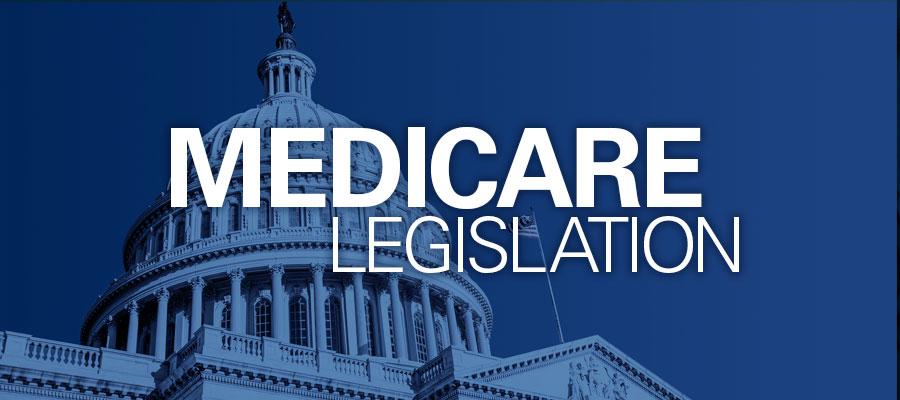Bill would repeal Medicare’s 96-hour rule for critical access hospitals

Reps. Adrian Smith, R-Neb., and Terri Sewell, D-Ala., today introduced legislation (H.R. 1041) that would repeal Medicare’s 96-hour rule for critical access hospitals, as advocated by the AHA. CAHs currently must maintain an annual length of stay of 96 hours or less to maintain their designation. However, the Centers for Medicare & Medicaid Services in recent years has enforced a condition of payment for CAHs that requires a physician to certify that a beneficiary may reasonably be expected to be discharged or transferred to another hospital within 96 hours of admission. According to AHA, this additional step and limitation is detrimental to CAHs and may force them to eliminate “96-hour-plus” services, ultimately affecting access to appropriate care for Medicare beneficiaries in these facilities. For more on the health care access challenges facing rural communities and the AHA’s recommendations to address them, see the recent AHA rural report.
Sewell and Smith also introduced a bill (H.R. 1052) today that would authorize physician assistants to receive direct payment under Medicare to expand their role as medical providers in underserved communities.

